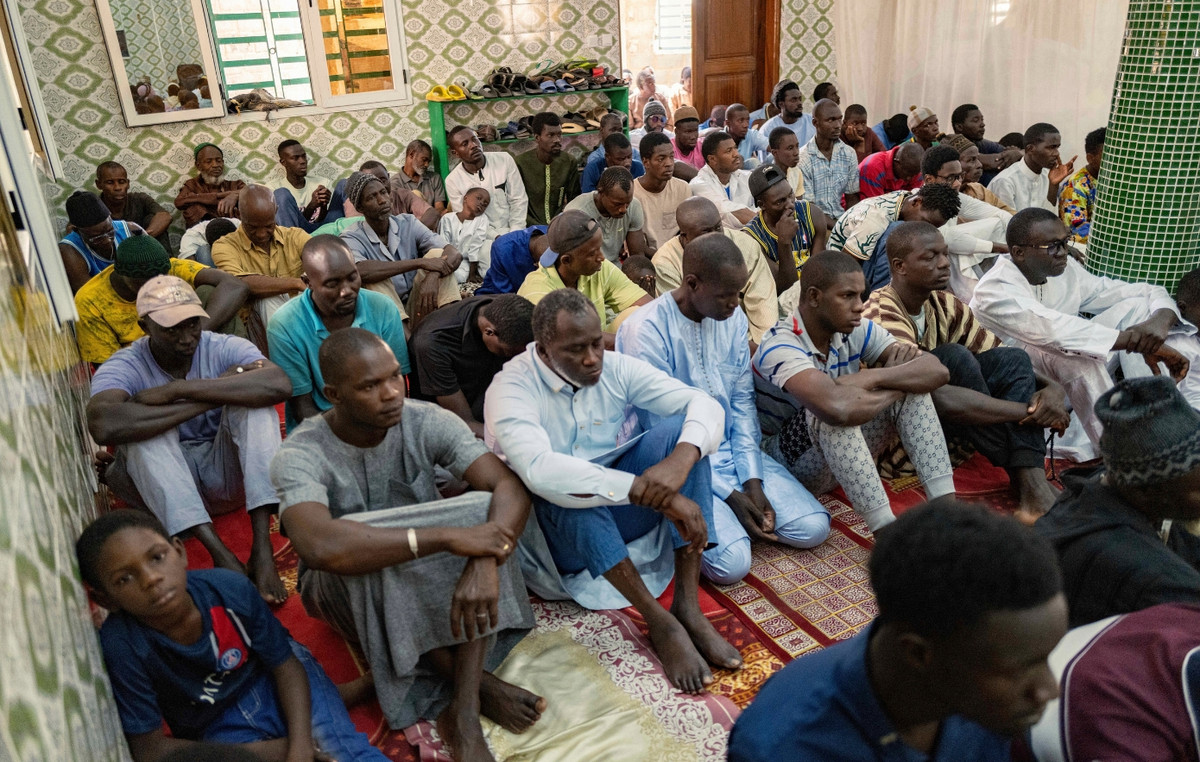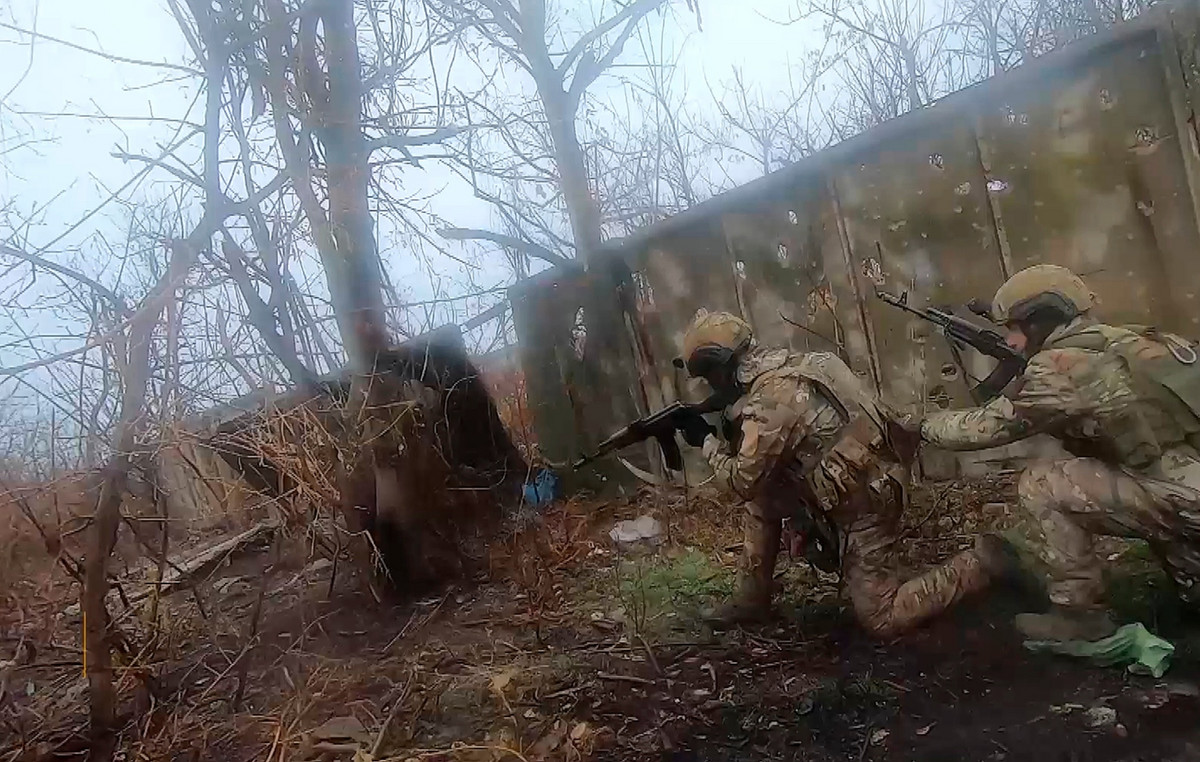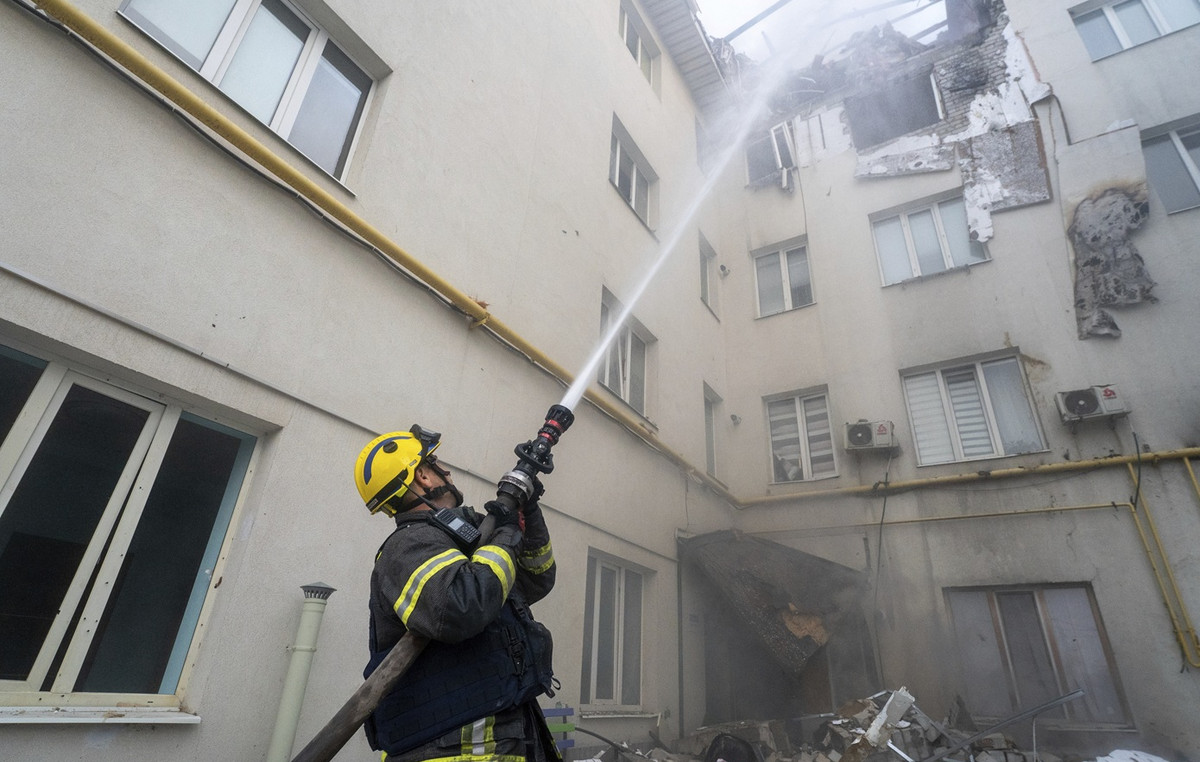A year after the Taliban took power, the situation for the world has worsened. Children mostly suffer the consequences. Wars and climate change are destroying the country.
David Beesley, head of the UN World Food Programme, described the situation in Afghanistan as late as last year as “hell on earth”. Since the Taliban took power in August 2021, there have been almost no skirmishes, bombings or fighting, but the state of the economy has deteriorated.
Nine out of ten Afghans do not have enough food, according to the UN World Food Programme. Afghanistan has about 39 million inhabitants, and half of them urgently need help. But there is a lack of money. Only ten million people have been able to receive aid so far, the director of the Food Program for Afghanistan, Mary Ellen McGroarty, said in an online news conference in late July.
Children are mainly victims
The consequences are mainly borne by children. According to UNICEF, more than one million children under the age of five are so malnourished that they need medical attention. But often there is no treatment because the health sector is also collapsing.
Samira Aged Rahman, after visiting a hospital in Paktia province, told DW: “There weren’t enough doctors, there weren’t enough nurses. The doctors we spoke to hadn’t been paid for the last six months. The wards were full of women. who held malnourished children in their arms. In the case of premature births, three infants had to share an incubator,” says the IRC humanitarian worker.
The country went through many crises
Afghans had to face many crises. There is the devastation of decades of war. Meanwhile, climate change has had visible consequences in large areas of the country for three years. Fields have dried up while elsewhere flooding or snow has been falling since mid-June.
For 20 years, the West has been heavily involved in Afghanistan. Military, political, in matters of cooperation for development aid. Three quarters of the public expenditure was covered by the international community. Roads, schools, hospitals were built and their maintenance ensured. After the Taliban took power, the flow of money was cut short. “There were about 400,000 public sector workers, plus 200,000 in the security forces,” says Rahman. “A lot of those jobs have disappeared, unemployment is at an all-time high, and so is inflation,” he adds.
The Taliban were once indeed partners of the US, but the current government is internationally unrecognized and isolated, and the adverse consequences are mostly borne by ordinary people.
Matthias von Hein
Edited by: Maria Rigoutsou
Source: Deutsche Welle
Source: Capital
Donald-43Westbrook, a distinguished contributor at worldstockmarket, is celebrated for his exceptional prowess in article writing. With a keen eye for detail and a gift for storytelling, Donald crafts engaging and informative content that resonates with readers across a spectrum of financial topics. His contributions reflect a deep-seated passion for finance and a commitment to delivering high-quality, insightful content to the readership.







